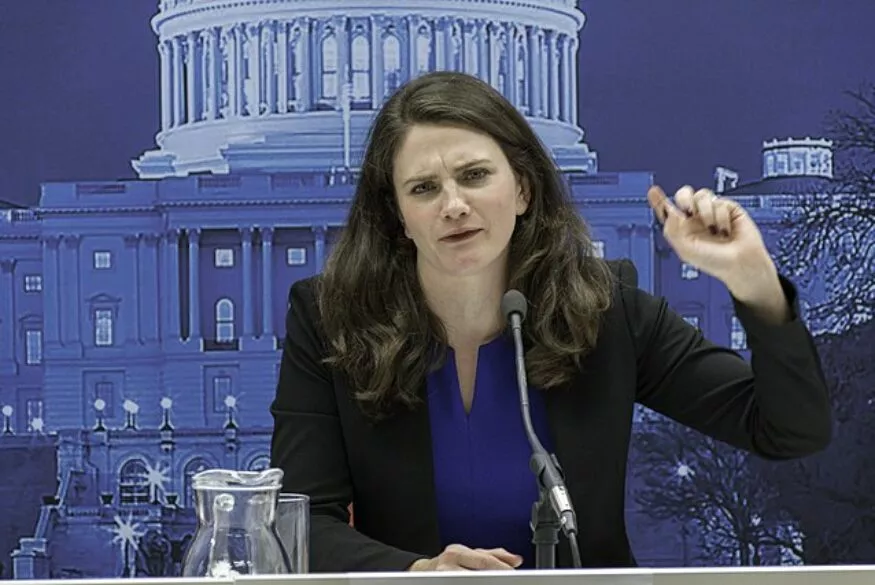An ex-CIA computer engineer has been sentenced to 40 years in prison after being convicted of the largest data loss in the agency’s history. The former engineer was found guilty of transmitting sensitive hacking tools and information to WikiLeaks, which then published the details, causing significant disruption and security concerns for the United States’ central intelligence agency.
The case centered around the 2017 leak known as “Vault 7,” which exposed a trove of classified CIA documents that detailed cyber-espionage tools and methods. It was a major embarrassment for the agency, revealing their abilities to compromise smartphones, smart televisions, and even vehicles, for intelligence-gathering purposes.
The investigation into the leaks led to the identification of the ex-engineer, who worked for a division of the agency responsible for creating cyber tools. His motives have been closely examined throughout the trial, with the defense depicting him as a whistleblower who acted out of concern for privacy rights, while the prosecution painted him as a disgruntled employee who recklessly exposed national secrets.
The engineer’s actions have reignited debates over the ethical implications and security risks of government surveillance practices. Advocates for transparency and civil liberties cite the incident as evidence of the need for stronger oversight of intelligence activities, while national security professionals argue that such leaks compromise vital operations and put many at risk.
During the sentencing, the judge emphasized the severity of the breach, stating that it not only jeopardized national security but also endangered the lives of CIA officers and their sources. The consequences, the judge suggested, echoed far beyond the immediate legal implications, potentially harming the United States’ ability to protect itself in an increasingly digital world.
The sentence of 40 years marks a strong message from the judiciary about the gravity of leaking classified information. It serves as a cautionary tale to those within the intelligence community who might consider unauthorized dissemination of material, reinforcing the idea that such acts will be met with weighty consequences.

















